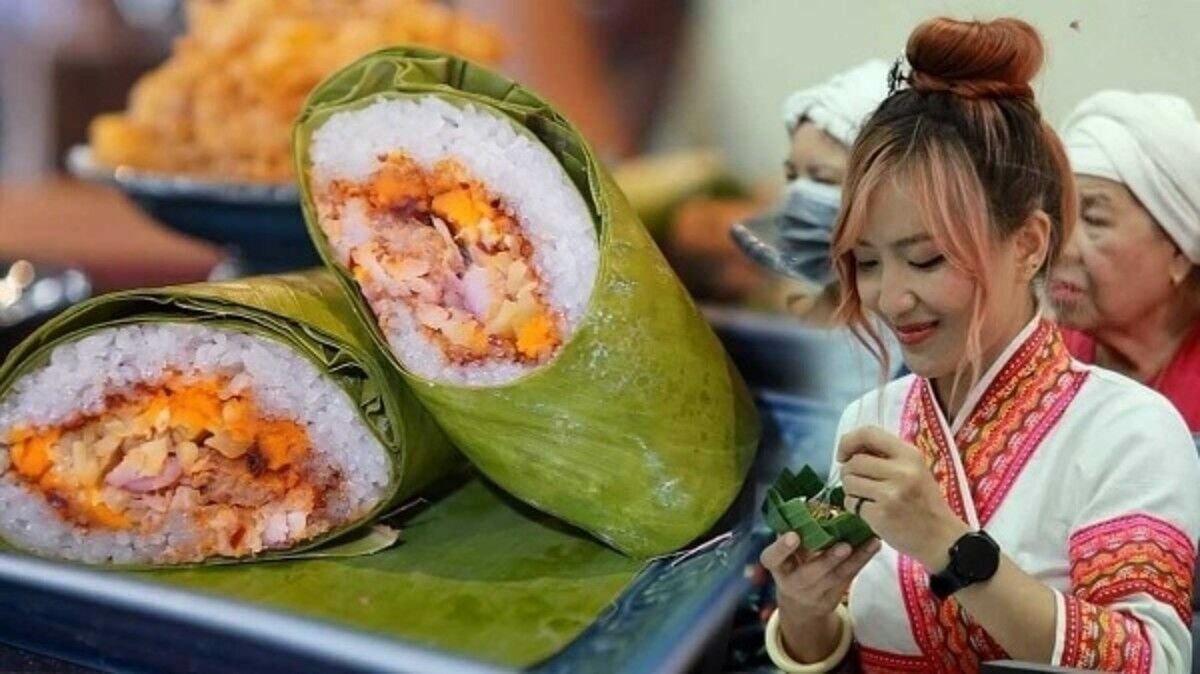Chiang Mai selects local dishes for One Province, One Menu

Chiang Mai has selected some local dishes for the One Province, One Menu initiative across three categories, with three dishes per category. The chosen dishes, including Khao Bai Pla Buang and Khanom Pad, advanced in a meeting held in Room 5, Fifth Floor, Administrative Building, Chiang Mai Provincial Hall.
Chiang Mai Governor Nirat Pong-itsitthaworn assigned Deputy Governor Weerapong Ritrod to chair the meeting for selecting the province’s local dishes. The initiative, The Lost Taste, under the project to promote and develop local cuisine as a cultural heritage and Thai identity for 2024, saw participation from government officials and local influencers as part of the selection committee.
The committee was tasked with narrowing down the local dishes to no more than three per category: savoury dishes, desserts, and snacks, following the criteria set by the Department of Cultural Promotion.
In the savoury category, the selected dishes were Khao Bai Pla Buang, Nam Tab, and Moo Hum Khamin Hom. For desserts, the chosen items were Khanom Pad, Khanom Wong, and Khanom Kan Nam Oi. Lastly, in the snacks category, Khanom Kluea, Khao Kaep, and Soh Ba Kuay Ted Mueang made the final cut.
Deputy Governor Weerapong emphasised the importance of this project in preserving and showcasing the unique culinary heritage of Chiang Mai.
“These dishes are not just food; they are a representation of our culture and traditions, passed down through generations.”
Cultural heritage
The One Province, One Menu project aims to elevate local dishes to the status of cultural heritage, ensuring that they are recognised not just locally but also nationally and internationally. This initiative also serves to promote tourism by drawing attention to the unique flavours and culinary traditions of each province.
The selection process was rigorous, with each dish evaluated on its cultural significance, taste, and potential to represent Chiang Mai. The chosen dishes will now be promoted and preserved as part of the province’s culinary heritage.
Local influencers and food enthusiasts played a crucial role in the selection process, bringing their expertise and passion for local cuisine to the table. Their involvement ensured that the selected dishes truly represented the tastes and preferences of the Chiang Mai community.
The next steps for the selected dishes include documentation, recipe standardisation, and promotional activities to introduce these dishes to a wider audience. The ultimate goal is to have these dishes recognised as part of Thailand’s intangible cultural heritage, ensuring their preservation for future generations, reported KhaoSod.
Latest Thailand News
Follow The Thaiger on Google News:


























